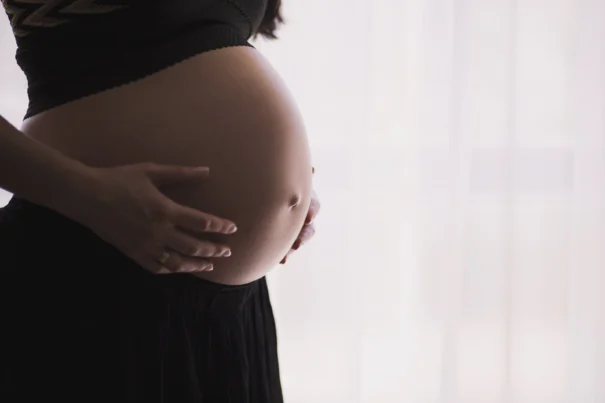
Photo by freestocks
The Supreme Court’s Dobbs decision in 2022 has profoundly influenced how pregnancy is viewed in the United States, leading to an increase in the criminalization of pregnancy-related behaviors. Pregnancy Justice released their September 2024 report “Pregnancy As a Crime: A Preliminary Report on the First Year After Dobbs” by Wendy Bach and Madalyn Wasilczuk, outlining the changes of pregnancy criminalization from June 24, 2022 to June 23, 2023. During this period, at least 210 cases were documented, marking the highest number of such prosecutions recorded in a single year.
Key Findings
- Increase in Prosecutions: At least 210 pregnant individuals faced criminal charges related to pregnancy, pregnancy loss, or birth, with many states showing a concerning rise in these cases.
- State Breakdown: Alabama accounted for nearly half (104) of the prosecutions, followed by Oklahoma (68), South Carolina (10), Ohio (7), Mississippi (6), and Texas (6).
- Demographic Insights: The majority of defendants were low-income. Of the 210 cases, 143 were white, 30 were Black, 13 were Native American, 9 were Latinx, and 15 had unknown racial or ethnic backgrounds.
- Nature of Charges: Most charges (198 out of 220) were categorized as child abuse, neglect, or endangerment. Substance use during pregnancy was a common allegation, with 133 cases focusing solely on this issue.
- Abortion-Related Charges: Five cases involved allegations of abortion, with outcomes often occurring outside medical settings. In many instances, prosecutors did not need to prove harm to the fetus or infant, as 191 of the 220 charges lacked a harm requirement.
Pregnancy criminalization refers to the use of criminal law to prosecute actions related to pregnancy, loss, or birth. Since 1973, over 2,000 individuals have faced legal consequences for pregnancy-related circumstances. Prosecutors often interpret embryos and fetuses as victims, extending the reach of laws governing child abuse and neglect to pregnant individuals. This approach not only normalizes the policing of pregnant individuals but also enforces societal expectations surrounding motherhood, disproportionately affecting marginalized women and families.
The report underscores that low-income and marginalized women are primarily targeted by pregnancy-related prosecutions. Racial dynamics play a significant role, as these prosecutions frequently focus on communities already burdened by systemic inequalities. The data suggests that despite variations in racial demographics, economic status remains a constant factor in the criminalization landscape.
Of the 210 cases examined, 166 provided information about pregnancy outcomes. The majority (144) resulted in live births, while 22 cases involved fetal or infant demise. Notably, many defendants faced criminal charges for failing to seek prenatal care or for actions perceived as risky, despite often experiencing significant trauma or health issues. The involvement of healthcare providers in these legal cases raises serious ethical concerns, as providers are increasingly seen as extensions of law enforcement, surveilling and reporting pregnant individuals to authorities.
The Dobbs decision has opened doors for states to further embed fetal personhood in legislation, raising fears about the potential for criminalizing self-managed abortions and expanding the reach of existing laws. Some states have introduced bills that threaten to extend criminal liability to a broader range of pregnancy-related behaviors.
Reversing the trends of fetal personhood and pregnancy criminalization will require major legal and policy adjustments which Pregnancy Justice outlines a few of. Anti-abortion activists intend to misuse the Comstock Act to make it a crime to send or receive medications or devices that are used in abortion care by mail or common carriers like ups and fedex, effectively banning abortion nationwide. It is important to protect against the unfounded use of the Comstock Act to effect a national abortion ban. Pregnancy Justice recommends utilizing the power of federal civil rights agencies to challenge pregnancy criminalization effectively, ensuring maternal health initiatives address the needs of pregnant people who have substance use disorder and other mental health disorders, and passing state laws increasing protections for pregnant people.
The findings of this report illustrate a concerning trend towards the criminalization of pregnancy in the United States. Following the Dobbs decision, it is essential to shift the focus from punishment to support. A future free from discrimination, state violence, and stigma is necessary for all individuals to access the healthcare and resources they need to thrive.